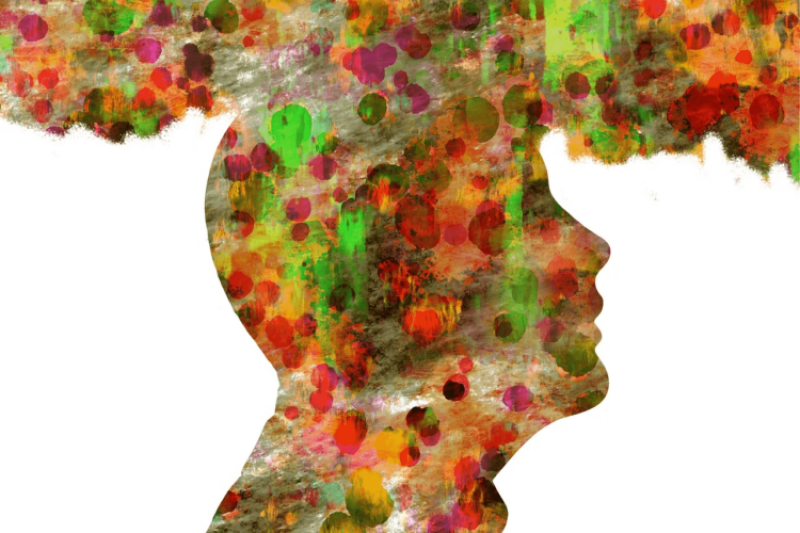Neurological conditions can release a torrent of new creativity in a few people as if opening some mysterious floodgate. Auras of migraine and epilepsy may have influenced a long list of artists, including Pablo Picasso, Vincent van Gogh, Edvard Munch, Giorgio de Chirico, Claude Monet and Georges Seurat. Traumatic brain injury (TBI) can result in original thinking and newfound artistic drive. Emergent creativity is also a rare feature of Parkinson’s disease.
But this burst of creative ability is especially true of frontotemporal dementia (FTD). Although a few rare cases of FTD are linked to improvements in verbal creativity, such as greater poetic gifts and increased wordplay and punning, enhanced creativity in the visual arts is an especially notable feature of the condition. Fascinatingly, this burst of creativity indicates that the potential to create may rest dormant in some of us, only to be unleashed by a disease that also causes a loss of verbal abilities.
In this new work, the researchers reviewed the medical records of 689 people with FTD or related disorders, looking for evidence of new or increased interest in artistic activities. In total, they found this change in 17 people—or 2.5 percent of their FTD participants. Most of these individuals painted, although some drew, sculpted, made pottery, crafted jewelry or quilted.































